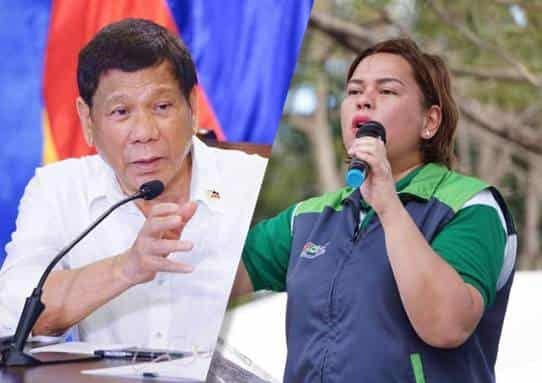Several years ago, I traveled to Manila, Philippines. After getting to know some of the locals, I asked them “Why are you guys so passionate and optimistic about life?” And I’ll never forget their answer. A young Filipina replied “Because that’s all we have.” I was speechless by her answer. It was blunt yet profound. I gulped down my vodka shot. Just outside our restaurant, Chinese casinos were cropping up like mushrooms.
On another occasion, in Hong Kong, while strolling along the Victoria Harbor at night, I saw hundreds of Filipinas sitting on the floor enjoying their dinner. It was a bit out of place. I soon discovered they were Filipina overseas maids. There are 10 million overseas Filipino workers around the world, 40% of which work as nurses and helpers in the US. These Filipino overseas workers send remittances to their families worth $30 billion a year, comprising 10% of the Philippines’s GDP. That’s a huge figure and a much needed income for their country.
The truth is the Philippines has gotten the short end of the stick, historically speaking. Colonized by the Spanish empire for 300 years, followed by the United States; occupied by Japan, then granted independence after WW2. Translation: Exploitation, blood, and more blood.

For any country that has just gained independence, the first 10-20 years is most crucial. That’s when the iron is hot and you need to strike. In other words, you need to rapidly build up the economy and create a fair level playing field for all.
Alas that wasn’t what transpired. Instead came their worst nightmare Ferdinand Marcos, who ruled the country for 20 years with iron fist – with a nod from Uncle Sam – from the 1960s – 1980s. Marcos’ corruption was so prodigious it is listed in the Guinness World Records under “the greatest robbery of a government”. Between $5 – $10 billion was stolen.
Let’s digest some data. The Philippines is made up of 7,640 islands. (Imagine trying to govern that logistically.) It has greater inequality than Thailand (from their respective gini coefficient). 83% of their 110 million population is Roman Catholics. Their citizen’s average income ($4000) is less than Thailand’s ($7000). Its capital and largest city Manila has 14 million residents, with approximately 45,000 people per square kilometer. That makes it the most densely populated city in the world. And just like in Thailand’s Bangkok, because Manila is the center of commerce, trading, and government, most Filipinos flock to the city, putting pressure on the infrastructure, leading to urban crowding, crime, and traffic. This is what you get from lack of decentralization. One rich city; dozens of poor small cities. One fat dude hoarding cash; massive poor with pennies.
Add to this is the influential Roman Catholics’ loathing for contraceptives (i.e., condom). Which means high birth rate and population growth in excess of jobs availability in the market. More mouths to feed with limited income is tough for a family. Imagine that at the national level.
What does all this mean? You ask. Spain gave them Roman Catholics; the US gave them English; Marcos and Joseph Estrada gave them poverty.
I’m afraid things won’t improve for them, judging by their May 2022 presidential election. Running for president is Bongbong Marcos, a 63-year-old senator and the only son of Ferdinand Marcos. We have Sarah Duterte, a 43-year-old mayor of Davao city – the daughter of the current President Rodrigo Duterte, vying for vice-presidency. Her father’s most well-known policy is war on drugs – many dead bodies and a lot of unanswered questions. We also have Manny Pacquiao, a former professional boxer turned senator eyeing the president’s seat. This is the equivalent of Mike Tyson running for the 2024 White House race.
The fact is when nepotism and corruption are embedded in the Philippines’ culture – as they do in Thailand, it’ll be very difficult for Filipinos to lift themselves out of poverty. Their political and economic system will continue to be controlled by the top 50 families – the mestizo elites and Sino-Filipino dynasties. Workers fluent in English will have no choice but seek opportunities overseas – legally or illegally.

We can learn a lot from the Philippines case (if we bother to learn). Their consolidation of economic and political power did absolutely nothing for the majority. With the merger of Dtac and True, Thailand will have only two mobile network operators – one fewer than Philippine’s (PLDT, Globe, Dito). Which doesn’t bode well for consumers.
Since the 2014’s coup, all I’ve seen is the concentration of economic and political power in the hands of a few, squeezing the mass harder. This creeping authoritarianism is spreading across South East Asia, and with it the spread of poverty. At this rate, in 10 years’ time, Thais, too, will be seeking jobs overseas out of desperation, minus English proficiency. Don’t be surprised then when in 2030 you see Thai caregivers bathing American elderly in Californian nursing homes. Or eating on the floor with Filipino maids along Victoria Harbor. It’s because they have lost all hope in their own country.
